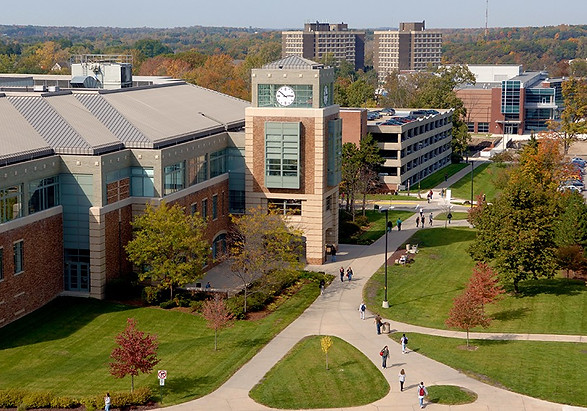
College and ASD
Interview with Sally Burton-Hoyle: Professor at Eastern Michigan University
July 16, 2020 ・ 2 min


Q: What is the No. 1 challenge you see with those on the spectrum entering college?
A: “It is when parents believe that their child is “high functioning”. This term leads many to use magical thinking and believe that their child will attend college and magically attend class on time, focus, understand the projects and develop communication skills that they will use with faculty and peers. The ability to get up on your own every morning and get to class on time while being clean, neat and eating breakfast is a huge skill and serves as a gateway for college success. Behavior is communication and when students demonstrate that they do not want to go to college they must be listened to. College and academic and social demands can trigger psychological disturbance. Just because the parents went to college and siblings went to college does not mean that this child wants to attend college.”
Q: How do you make the transition process (from high school to college) easier or less stressful for those with ASD?
A: “Parents need to fully realize the executive functioning skills/deficits of their children and work with them honestly and objectively. I feel it is important for high schoolers on the spectrum to be able do the following:
-
Develop and follow a daily schedule that includes needs and wants.
-
Develop a sleep schedule within the context of a day balanced with academics, recreation and pursuit of strengths and interests.
-
Research college and determine with your child if they want to attend college and what type of college makes sense for the student. A supported program that costs money does not work if the student will not use the services of the support program.”
Q: What can parents of those on the spectrum do to help prepare their children for college?
A: “Parents should truly evaluate how independent their child is throughout their school day while in high school. Sometimes there are so many supports being given to the child that the parents are not aware of that when the child begins college he/she/they fail miserably. Additionally, parents must understand that their child may be questioning their sexuality and may embark on sexual exploration while away from their parents. Full acceptance of their child must be evident for the child to succeed in college.”
Q: Why is the college experience especially important for those with ASD? What value does inclusion and diversity bring to the university?
A: “The college experience is important because when a student graduates with a college degree it significantly increases opportunities for employment after college.”
Q: Does autism personally affect or influence your life? Do you know anybody outside of the workplace that has autism?
A: “I began a College Support Program (CSP) at Eastern Michigan University for college students who are accepted to college but have autism. CSP supports over 30 individuals across the spectrum in our fee-based individualized program. I also had one brother with significant autism who was and is the wind beneath my wings.”
Q: In your opinion, how can we, as a society, move forward from preconceived, negative ideas surrounding those with ASD?
A: “We can stop with the high/low functioning labels with folks on the spectrum. Accept each person as a person who has strengths and needs but we must remember that you do not have to be perfect or “cured” to have a good life. The self-determination of all people on the spectrum is my goal!”
Interviewed By Cooper Bond
Visit the College Supports Program (CSP) Website:




